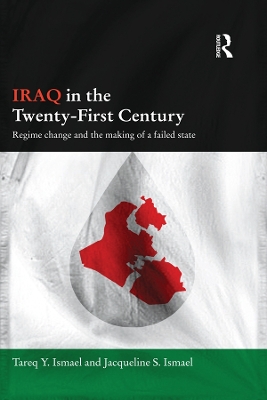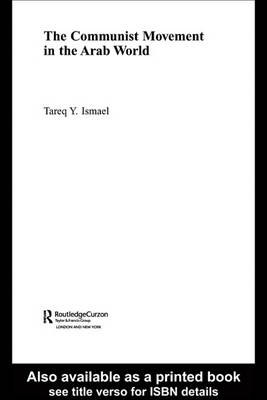Durham Modern Middle East and Islamic World
4 total works
Iraq in the Twenty-First Century
by Tareq Y Ismael and Jacqueline S Ismael
Much has been written about the events surrounding the 2003 Anglo-American invasion of Iraq and its aftermath, especially about the intentions, principles, plans and course of action of US policy, but much less attention has been given to the consequences of US policy on Iraqi political and social development. This book provides an in-depth analysis of the impact of US policy on the social and political development of Iraq in the twenty-first century. It shows how not just the institutions of the state were destroyed in 2003, leaving the way open for sectarianism, but also the country's cultural integrity, political coherence, and national-oriented economy. It outlines how Iraq has been economically impoverished, assessing the appalling situation which ordinary people, including women and children, have endured, not just as a result of the 2003 war, but also as a consequence of the 1991 war and the sanctions imposed in the following years. The book argues that the social, political, and cultural ruin that accompanied the Iraq war was an absolute catastrophe; that the policies which had such adverse effects were the foreseeable consequences of deliberate policy choices; and that those responsible continue to evade being made accountable.
This book serves as a case study of the Sudanese Communist Party and its impact as a grassroots movement that championed the Sudanese people. It accomplishes this by providing a rich narrative that details the SCP's inception, main players, important milestones and values of the Party. In this narrative, the author not only delivers a comprehensive examination of the party components, he guides readers through their connections to one another, but also associates them, and the party, to Sudanese society at large. Using original party documents and interviews with leading figures, this book is the first time this subject has been detailed so extensively in one publication. It is also the only up-to-date work available on the subject and includes analysis of the most recent party congress and the division of the Sudan and creation of the newly independent Republic of South Sudan.


